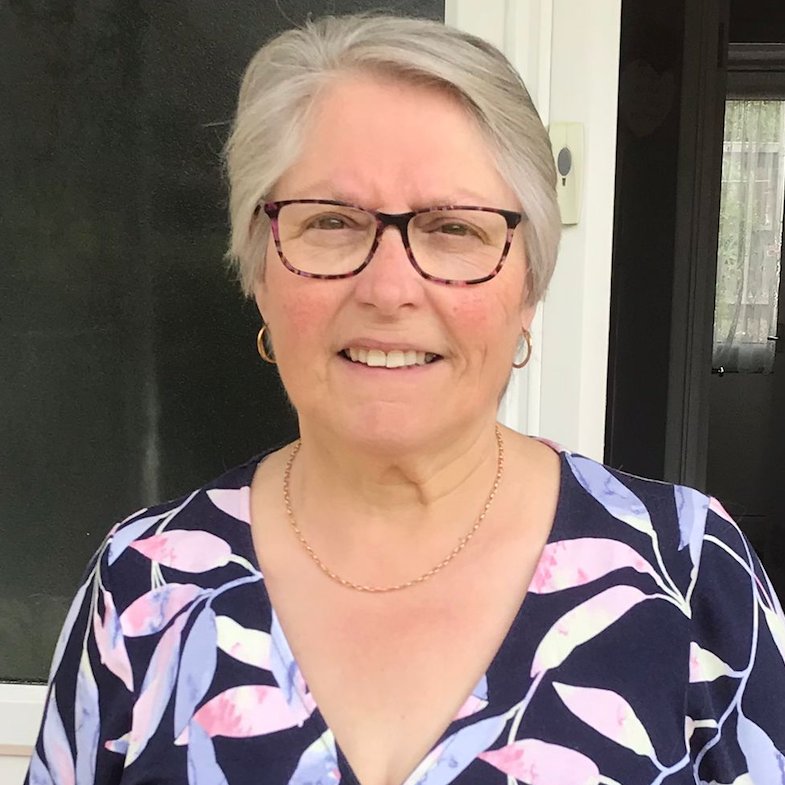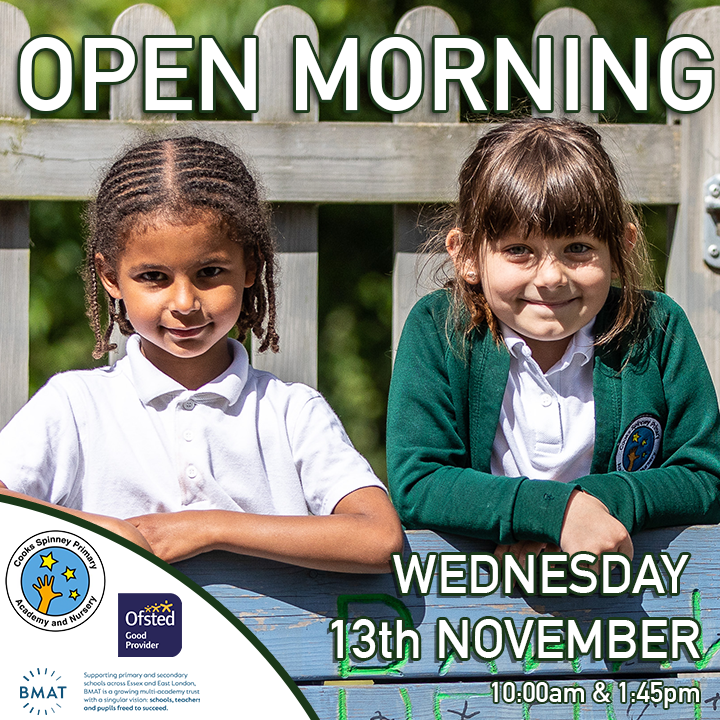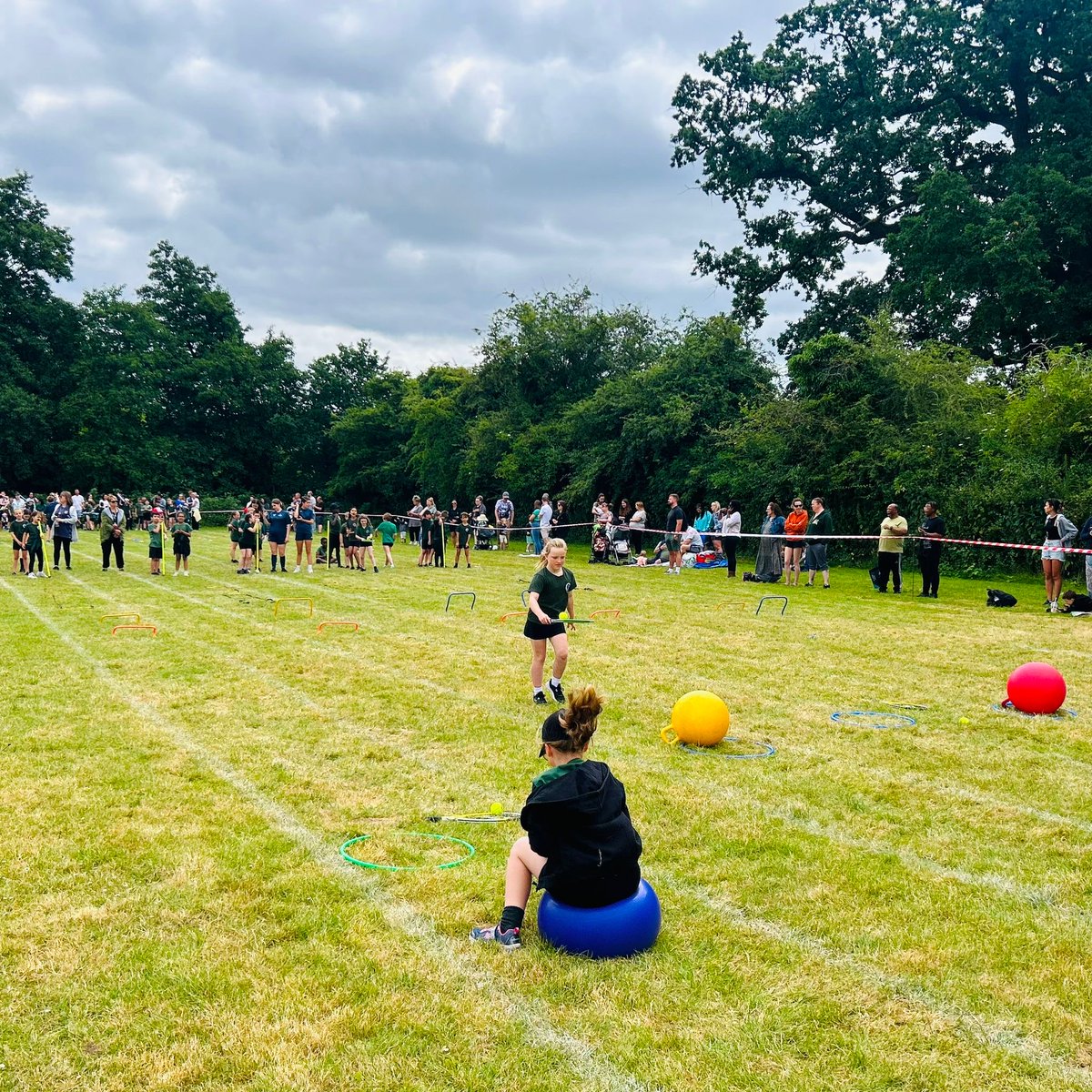History
History is taught by class teachers in three annual modules from years 1 to 4 and two modules in years 5 and 6. In EYFS, history is taught through story-telling, carpet time, and immersive play.
Why is the teaching of history important for Cooks Spinney pupils?
Studying history is important because it allows our pupils to understand the past, which in turn allows them to understand our present. If we want to know how and why our world is the way it is today, we have to look to history for answers. If pupils study the successes and failures of the past, they may, ideally, be able to learn from these mistakes and avoid repeating them in the future.
Studying history also provides our pupils with insight into our culture as well as cultures with which they might be less familiar, thereby increasing cross-cultural awareness, tolerance and understanding.
What is taught?
Nursery
Nursery pupils begin by learning about their Family History, which is followed up by two further topics - Our History and My History. They finish the year learning more about the concept of Past and Present to prepare them for Reception.
Reception
Reception pupils begin the term recapping their Family History before their exciting history topics Space Adventure and History of Transport later in the year.
Year 1
Year one begin their historical journey by learning about their Personal History. They also learn about Important British individuals by comparing Isambard Kingdom Brunel with Zaha Hadid in a module we call Amazing Architects. They then move on to study the amazing events in 1666 surrounding The Great Fire of London.
Year 2
Year two are given the opportunity to study the evolution of human flight in - Race to the Sky: The History of Human Flight. During the year they also cover the amazing Ancient Greeks. They also compare historical kings and queens in their module - Marvellous Monarchs.
Year 3
In year 3, pupils will explore the history of our hunter gatherer ancestors in their Ancient Britain module and then move on to learning about the amazing world of Ancient Egypt. Year 3 finish the year learning about the impact that Important Individuals have had on the world.
Year 4
The year 4 programme of study takes pupils back in time to the fascinating Roman Era. They will also study what life was like during the Victorian Era. Their third module focusses on the customs and traditions of The Tudors.
Year 5
Year 5 pupils are asked to critically analyse the many changes to Britain as a result of its many Invaders and Settlers. The second module, Britain on the Homefront, helps pupils understand the struggles of British people, including children, during World War Two.
Year 6
Year 6 look at the political, economic and human upheaval caused by the First World War. They also study the drastic change in Britain's political and cultural landscape in the years following the Norman's successful conquest of 1066.
FOR MORE INFORMATION ABOUT OUR HISTORY CURRICULUM PLEASE MAKE AN APPOINTMENT WITH MISS BROOKS ON 01279 437590







































